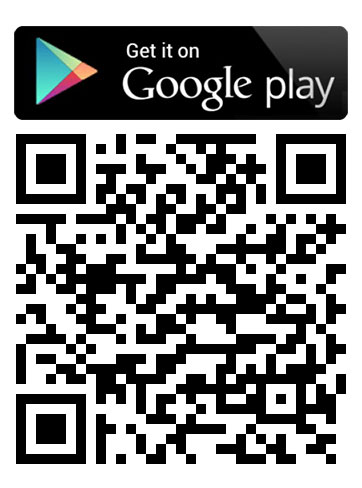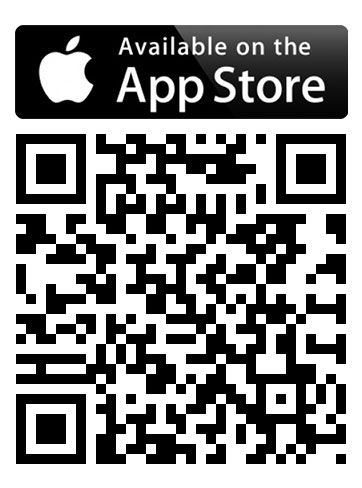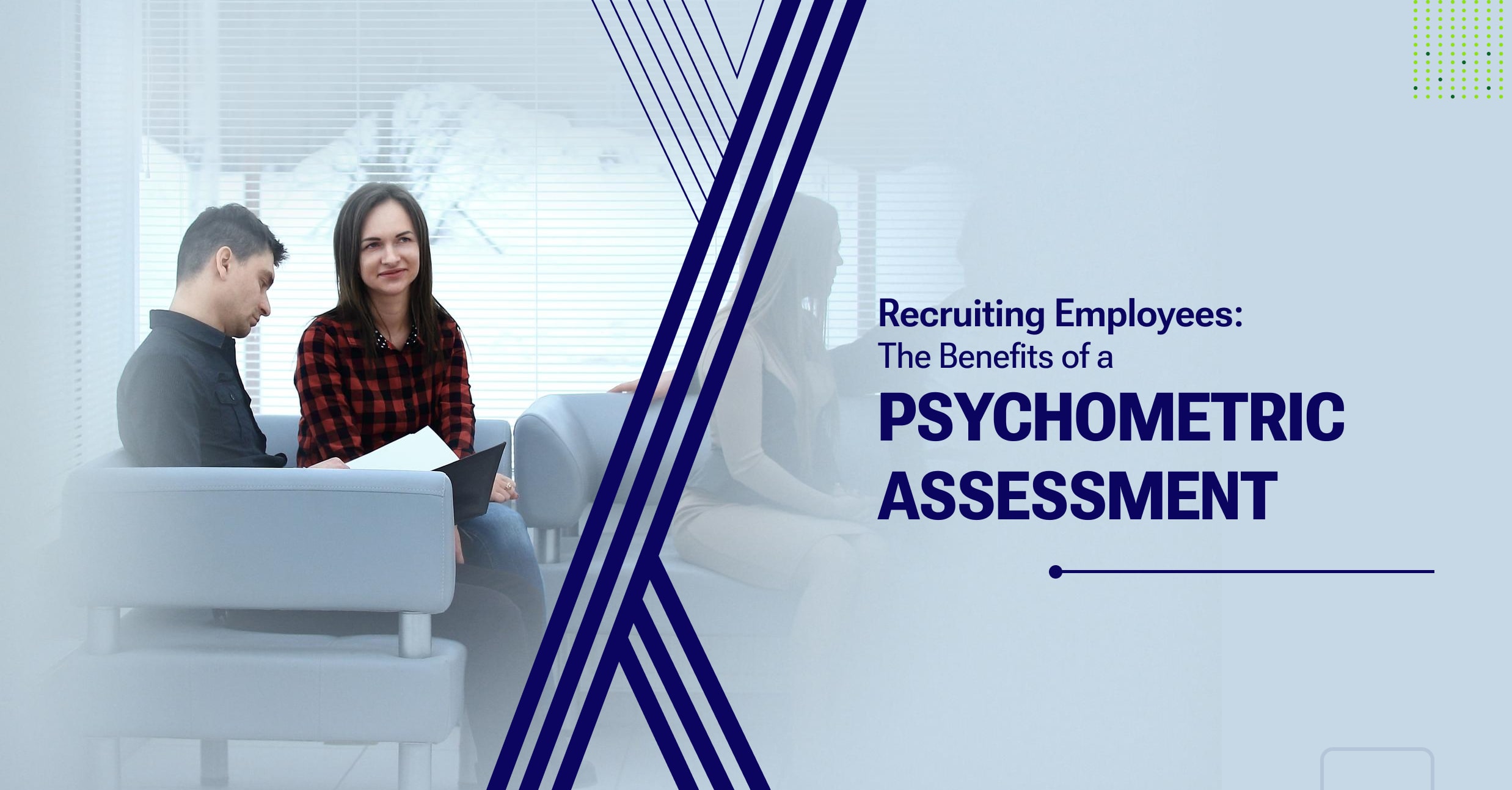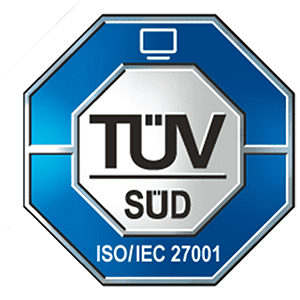Securing the Future of Assessments: How AI-Powered Proctoring is Defeating Fraud
The rapid advancements in Artificial Intelligence (AI) technology have paved the way for transformative changes across various industries, and one such area is assessments. With the rise of remote learning and virtual recruitment processes, ensuring the integrity of exams and interviews has become a significant challenge. However, AI-powered online proctoring has emerged as a game-changer, effectively combating fraud and revolutionizing assessments.
Addressing Exam Fraud
In traditional exam settings, ensuring fairness and preventing cheating have always been a concern. However, the transition to online exams has magnified these challenges due to the absence of physical invigilators. In today's world, AI-powered online proctoring systems have stepped in to fill this gap. These proctoring systems leverage machine learning algorithms and computer vision techniques to monitor students during their exams. With webcams, microphones, and screen recording, the software can detect and flag suspicious behavior in real time. It can identify activities such as using unauthorized study materials, looking away from the screen excessively, or having multiple faces in the frame.
Moreover, AI algorithms can detect patterns of cheating by comparing a student's behavior with a baseline of normal activity. Any deviations from the norm can trigger alerts, allowing instructors or proctors to review the flagged segments and make informed decisions regarding potential misconduct.
By employing AI-powered online proctoring, educational institutions can ensure the integrity of exams and protect the value of the certifications they provide. Students can take their assessments from the comfort of their homes, while knowing that cheating attempts will be detected, discouraging any dishonest behavior.
Enhancing Interview Assessment
The application of AI-powered proctoring is not limited to exams but extends to the realm of virtual interviews as well. Companies and organizations have increasingly adopted remote interviewing processes, especially in the wake of the COVID-19 pandemic. However, conducting effective interviews remotely while maintaining the integrity of the process is a formidable task.
AI-powered proctoring technology has the potential to revolutionize the interview assessment process by providing comprehensive monitoring and evaluation capabilities. During virtual interviews, these systems can analyze candidates' facial expressions, vocal patterns, and body language to assess their responses and engagement levels.
By employing sentiment analysis and natural language processing techniques, AI algorithms can gauge the emotional states of candidates, enabling employers to gain deeper insights into their reactions and overall suitability for the role. This technology provides a standardized evaluation framework, ensuring consistency and fairness across all interviews.
The integration of AI-powered proctoring also allows employers to review interview recordings at their convenience, providing an opportunity for multiple stakeholders to evaluate the candidate's
performance. This collaborative approach enhances decision-making and reduces bias, leading to more objective hiring processes.
HireMee's AI-Powered Proctoring Tool: Combating Fraud and Ensuring Trust
HireMee's AI-powered online proctoring tool is designed to assist institutions and corporates in safeguarding the integrity of employment exams and interviews, ensuring a fraud-free assessment process.
With real-time monitoring, suspicious behavior during assessments is detected and flagged, allowing for immediate intervention. Advanced AI algorithms analyze behavior patterns to identify fraud attempts, while facial and vocal analysis assesses candidate authenticity and engagement. The tool incorporates fraud detection algorithms trained on large datasets to detect patterns and indicators of fraud, continuously improving accuracy. Data security and privacy protocols are in place to protect sensitive information, ensuring compliance with regulations. Remote proctoring capabilities eliminate the need for physical invigilators, making assessments efficient and convenient. The tool promotes fairness and standardization by eliminating subjective biases and ensuring consistent evaluation criteria.
By providing proactive monitoring and flagging anomalies, candidates can take assessments confidently, knowing fraud attempts will be detected. The tool safeguards the value and credibility of certifications while saving time and costs for institutions and corporates. Trust is fostered among candidates and organizations through transparent and secure assessments.















